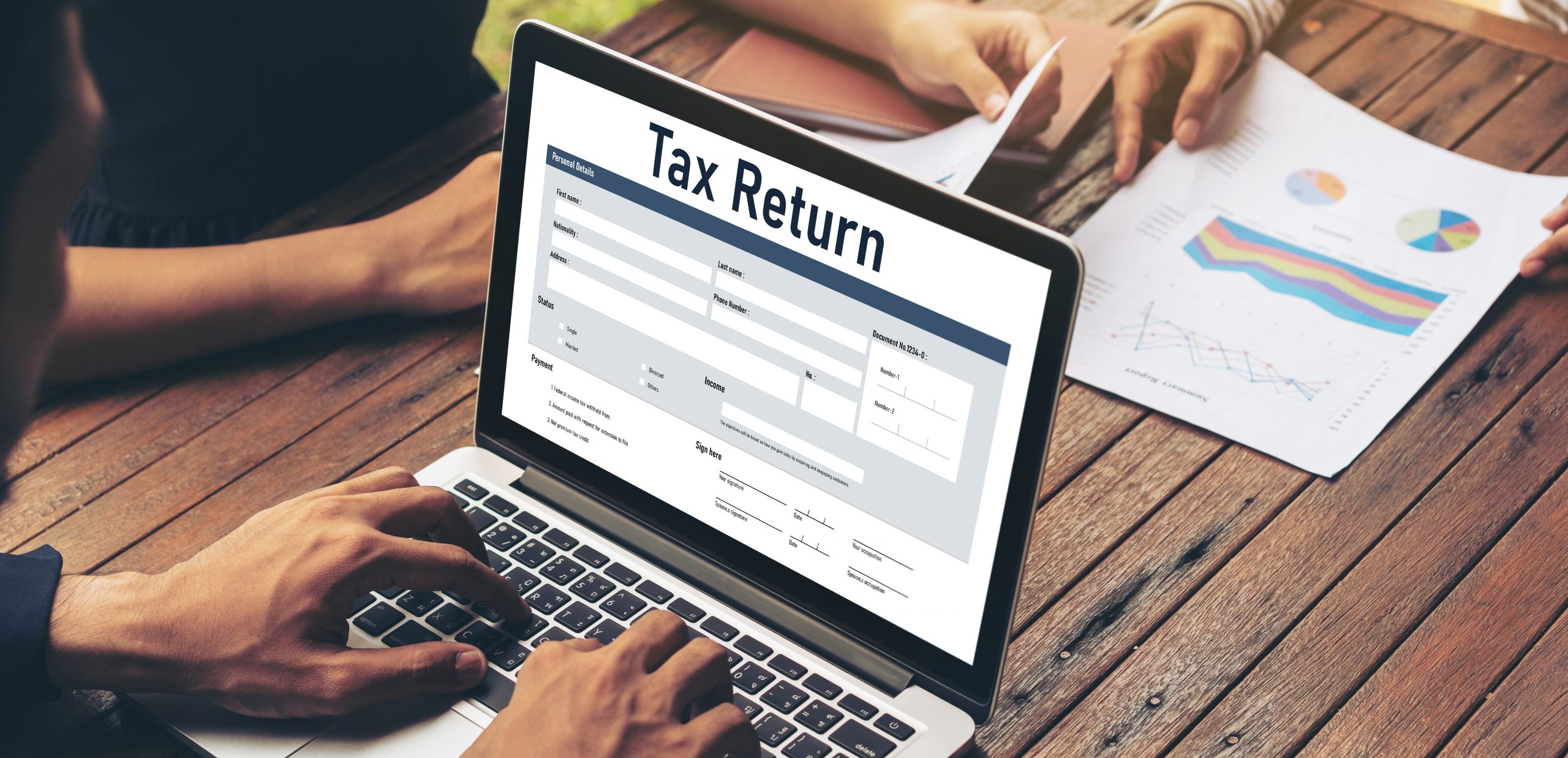There has been lots of speculation amongst the accountancy community as to whether the 2026 deadline will stand. Although it’s now been confirmed by multiple professional accountancy bodies that this date will go ahead. Once the deadline passes, Making Tax Digital will become mandatory based on your annual income from self-employment or property sources. As a result, sole traders and landlords are among the groups that will be most affected by the changes.
You are able to sign up to Making Tax Digital for Income Tax voluntarily. This is possible if:
- Your personal details are up-to-date and held by HMRC.
- You’re a UK resident with a National Insurance number.
- You’ve submitted at least one Self Assessment tax return.
- Your accounting period runs from April 6th to April 5th.
- You don’t have any outstanding tax liabilities.
For a complete overview of the regulations from income tax professionals, see our other blog, ‘Everything you need to know about Making Tax Digital’.
